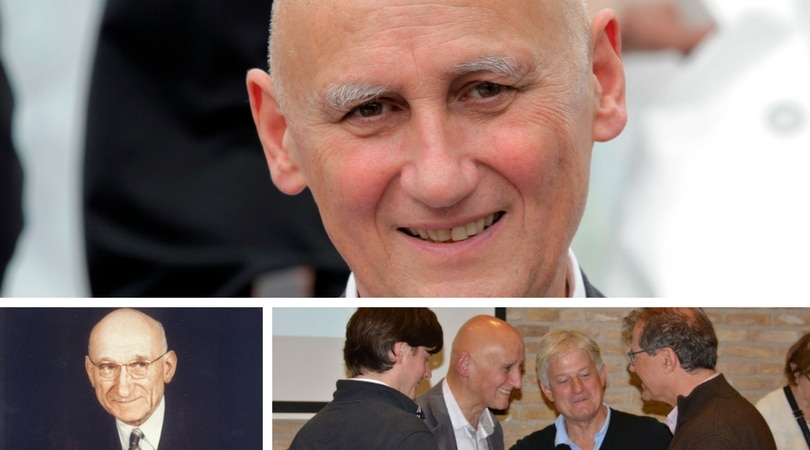
Introduction by Gérard Testard
The European Union is an organisation that is often not seen favourably by the public. Politicians not infrequently criticise it, at times in order to defend their own questionable internal politics.
The European Union cannot be said to be without defects (there are many related to standards, complexities, technocracy and detachment from people…).
In spite of this, thanks to the European Union, Europe has lived peacefully for over 70 years. Robert Schuman, one of “founding Fathers of Europe” and at the time the French Minister of Foreign Affairs, launched the European project on 9th May 1950. Schuman was a well-known figure, a practicing Catholic, who showed a deep spiritual life and great moral values. He was the right person at the right time to work towards French-German reconciliation, a ferocious opponent of the spirit of vindication that was primed to remerge. His view in this respect was contrary to the Treaty of Versailles, which put the end to the Great War.
Originally from Lorraine region, born in Luxembourg and brought up in Germany, he maintained his connection to France. He referred to himself as the ‘man of the border’ and had a vision for Europe. He defined his European ideal in a small book written at the end of his life, entitled “For Europe” which was published in 1963, the year of his death. The book contains his talks and describes his European project and his vision of democracy. Below are some quotations which have been taken from this book.
* * *
Quotations by Robert Schuman
Europe will not be made all at once, or according to single plan. It will be built through concrete achievements which first create a de facto solidarity. (Declaration of 9th May 1950)
Following quotations are from Schuman’s book «Pour l’Europe»
“The contribution which an organised and living Europe can bring to civilization is indispensable to the maintenance of peaceful relations.”
“Europe before being a military alliance or an economic entity must be a cultural community in the highest sense of expression”.
“Political unity does not signify the absorption of the nation.”
“Who does not dare to stand up to that which is bad, defends badly that which is beautiful.”
“Democracy owes its existence to Christianity. It was born the day that man was called to realise in this temporary life, the dignity of each human person, in his individual liberty in the respect of the rights of each and by the practice of brotherly love to all. Never before Christ had comparable ideas been formulated.”
“Have we taken the wrong path? The result will to a large extent depend on the calibre of people before us, the extent of their honesty, the understanding we can gain of them and of their followers.”
“May from henceforth this idea of a reconciled, united and strong Europe become a watchword for the younger generations desirous of serving a humanity free at last from hate and fear.”
“Europe will acquire her soul in the diversity of its qualities and aspirations. The unity of these essential conceptions can be conciliated with the plurality of traditions and convictions and with the responsibility for personal choices. The present arrangement cannot and should not remain a technical and economic enterprise. It requires a soul, the conscience of its historic affinities and its present and future responsibilities, a political will serving the same human ideal.”
“Borders maintain their raison d’être if they can elevate their function to a spiritual level. Rather than barriers that divide, they should become the lines of contact where material and cultural exchange takes place.”
With regards to his Declaration of 9th May Schuman has stated that he made it because of his belief in Europe’s Christian foundations.
by Gérard Testard
